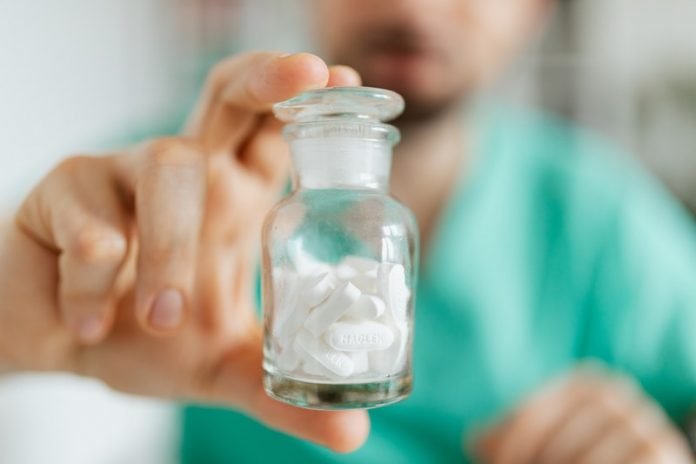
In a new study from Rush University, researchers found eugenol, an oily liquid extracted from cloves and a Southeast Asian plant known as holy basil, is effective in treating mice infected with COVID-19.
They found eugenol binds to the spike protein of coronavirus, preventing it from attaching to healthy cells and entering them.
This new intervention is effective in reducing fever and inflammation in the lungs, and has improved heart function and locomotor functions.
Holy basil, or tulsi, has a long history of medicinal use and is known to boost immunity that may help fight viral, bacterial and fungal infections.
SARS-CoV-2, the virus that causes COVID-19, binds to an enzyme called ACE2 to enter and infect human cells.
One potential approach to treating the disease would be with a molecule that will bind to SARS-CoV-2, but not ACE2, since ACE2 is a beneficial protein.
In the study, mice were given the created SARS-CoV-2 spike S1 intranasally and starting from day five. When mice exhibited fever, they received oral treatment of eugenol for 10 days.
One group of mice was intoxicated with SARS-CoV-2 spike S1, but not treated with eugenol.
The team found that eugenol, but not other major components of holy basil, prevented the binding of SARS-CoV-2 spike S1 to the enzyme ACE2 and blocked the entry of SARS-CoV-2 into healthy cells.
They note that steroids, which have been used to reduce inflammation in patients with COVID-19, also suppress the immune system.
This could be a new way to prevent the virus from invading healthy cells with the added benefit of decreasing inflammation without the use of anti-inflammatories such as steroids.
If you care about COVID, please read studies about Pfizer vaccine may protect against new COVID-19 variants, and findings of new drug combo to beat Delta variant.
For more information about COVID and your health, please see recent studies about scientists develop ‘warm vaccine’ to fight all COVID-19 variants, and results showing that this drug can block multiple COVID-19 variants.
The study is published in the Journal of Neuroimmune Pharmacology. One author of the study is Kalipada Pahan, Ph.D.
Copyright © 2021 Knowridge Science Report. All rights reserved.



